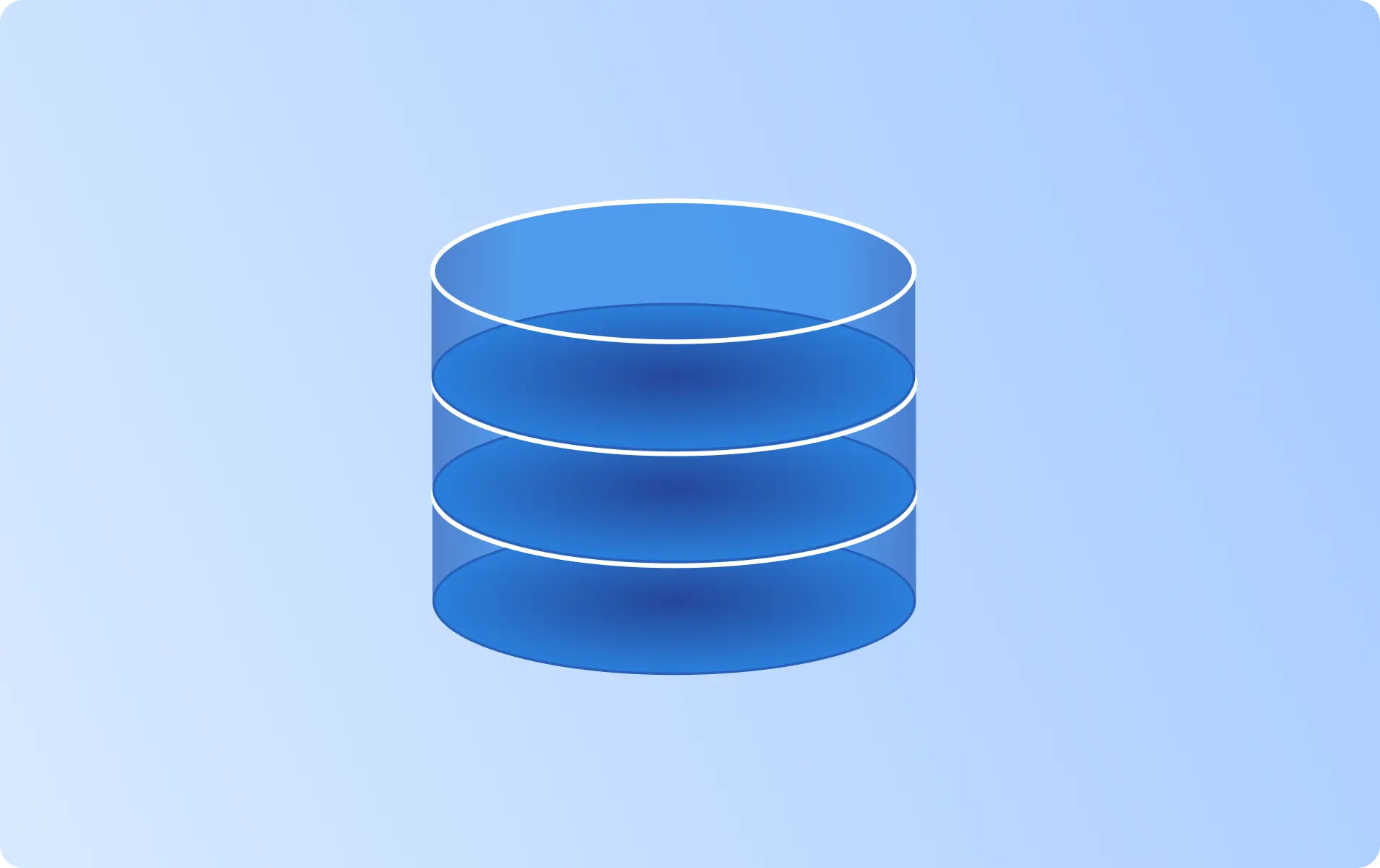What is SDK Data? Definition, Sources & Datasets to buy

- Overview
- Datasets
- Providers
- Use Cases
- Attributes
- FAQ
- Overview
- Datasets
- Providers
- Use Cases
- Attributes
- FAQ
What is SDK Data?
SDK data is information collected and transmitted by a Software Development Kit (SDK). An SDK is a set of tools and resources that developers use to create applications for specific platforms. The SDK collects various data points, such as user interactions, device information, and app usage statistics. This data is crucial for developers to understand how their app is being used, identify issues, and make improvements.
Examples of SDK data include user demographics, app usage patterns, device information, and SDK location data. SDK data is used by developers and marketers to gain insights into user behavior, improve app performance, and deliver personalized experiences. In this page, you’ll find the best data sources for SDK location data.
Best SDK Databases & Datasets
Here is our curated selection of top SDK Data sources. We focus on key factors such as data reliability, accuracy, and flexibility to meet diverse use-case requirements. These datasets are provided by trusted providers known for delivering high-quality, up-to-date information.

SDK Data | Global Mobile Locations | 330M Devices | CCPA Compliant

Location APIs, Maps and Navigation SDK, We provides all range of APIs and SDK in India/Asia

Factori AI & ML Training Data | Mobility Data | Global | Machine Learning Data | Carrier, IP address, Hex8, Hex9 | Historical Location data

GIS Data | Global Consumer Visitation Insights to Inform Marketing and Operations Decisions | Location Data | Mobile Location Data

Advertising Data | Business & Advertising Intelligence Data | USA | 120000000

Mobile Location Data | GLOBAL | GPS Mobility Data | Reliable, Compliant, Precise Location Data | Footfall Data | 200+ Countries / 1.8B Devices Monthly

SDG (Sustainable Development Goals) Impact Data | Sustainability Data | 14k+ Companies

Out-of-Home (OOH) Data | Digital Out of Home (DOOH) Mobility Insights | Global 330M Devices

Mobility Data | Global | +1B Unique Devices | +300M Daily Users | +500B Events / Month

Factori Location Data | Global mobile location data (1 year history)
Can't find the data you're looking for?
Let data providers come to you by posting your request
/postings/new?utm_content=search_results_page&utm_medium=platform&utm_source=datarade
Top SDK Data Providers & Companies
Popular Use Cases for SDK Data
SDK Data is essential for a wide range of business applications, offering valuable insights and driving opportunities across industries. Below, we have highlighted the most significant use cases for SDK Data.
Main Attributes of SDK Data
Below, we outline the most popular attributes associated with this type of data—features that data buyers are actively seeking to meet their needs.
| Attribute | Type | Description | Action |
|---|---|---|---|
| Float | The latitude of a point on earth's surface. Commonly abbreviated as "lat". | View 27 datasets | |
| Float | The longitude of a point on earth's surface. Commonly abbreviated as "long". | View 26 datasets | |
| String | Mobile Ad ID is a sequence of random symbols, given by the mobile device’s operating system. It’s shared with the servers of the apps that the user is using to track his customer journey and “remember” his or her choices. | View 23 datasets | |
| String | The name of a country. | View 17 datasets | |
| String | An AAID is a unique 32-digit string of characters that is automatically assigned to each Android device. A specific Android Advertising ID example of “38400000-8cf0-11bd-b23e-10b96e40000d” is used in Google’s Android developer documentation, with real IDs following a similar format. | View 12 datasets | |
| String | The name of a state. | View 10 datasets |
Frequently Asked Questions
What is SDK Data?
SDK Data refers to the information collected and transmitted through Software Development Kits (SDKs) integrated into mobile apps or software applications. It encompasses various types of data, such as user behavior, device information, location data, and app usage statistics.
How is SDK Data collected?
SDK Data is collected by integrating SDKs into mobile apps or software applications. These SDKs capture and transmit data in real-time or periodically, depending on the configuration. The SDKs interact with the app’s code to collect information such as user interactions, device details, and other relevant data points.
What is SDK Data used for?
SDK Data is used for a variety of purposes, including user analytics, marketing and advertising optimization, app performance monitoring, user personalization, and targeted advertising. It provides valuable insights into user behavior, helps improve app functionality, and informs decision-making processes for businesses.
What’s a quality checklist for SDK Data?
A quality checklist for SDK Data includes:
How is SDK Data priced?
The pricing of SDK Data can vary depending on several factors, including the data provider, the type and depth of data, the volume of data collected, and the intended use of the data. Pricing models can include subscription-based plans, tiered pricing based on data volume or features, or customized pricing based on specific requirements or data usage agreements. It is important to consult with the data provider to understand their pricing structure and negotiate terms that align with your specific needs.






